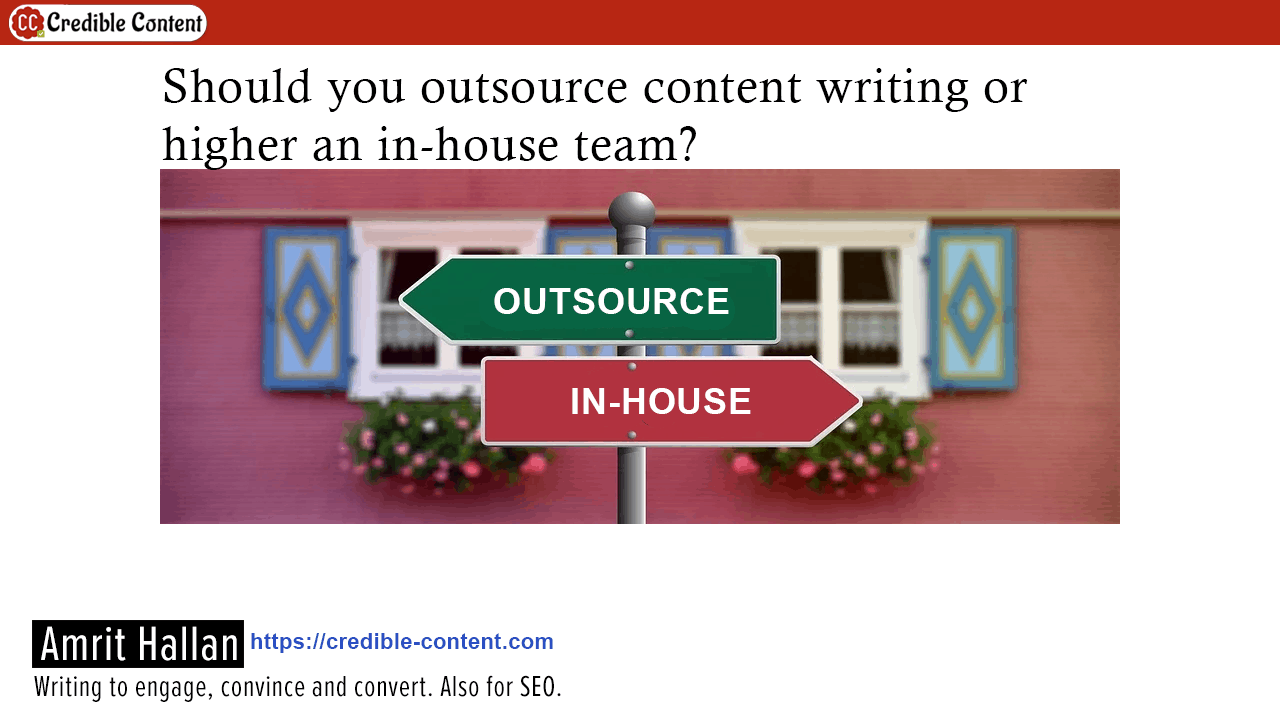We don’t live in an ideal world. In an ideal world, one would solely write content for the visitors. In the non-ideal world that we live in, aside from writing content for the visitors and customers, one also needs to write content to generate search engine traffic.
In fact, most of the clients who approach me, want to prioritize getting traffic from search engines over writing content that would help their own customers and clients. Somehow, they believe that if they get people to their websites, they will magically convert.
The problem with this approach is two-pronged: by the time you realize there’s a problem it’s often too late, and it’s a self-defeating exercise.
You are achieving nothing when you are completely focusing on the keywords. The keywords are not some magical enchantments that will open the floodgates of riches and affluence. They are simply queries that people use to find information they are looking for.
Am I saying that you should completely ignore keywords? I’m not saying that you should completely ignore them but let them be an integral part of your content. For example, if you select the right topic and then you focus on the topic and you focus on delivering the value, you are automatically going to cover the main keyword associated with the topic.
The problem arises when in order to cover as many keywords as possible in a single blog post or web page, we end up cramming too much content and needless actions.
Content publishing on an ongoing basis is simply unavoidable. Whether you realize it or not, or you realize it when it’s too late, or maybe you never realize it, there is no escape from regular content publishing.
The simple logic behind this is, just like you want to increase your visibility and draw people to your website, there are hundreds of other businesses having the same objective, or nearly about the same objective (if they don’t provide exactly the same business as yours, but more or less the same).
This means they are constantly pumping new content into the web. Whether your prospective customers and clients are trying to find you on Google or on social media, your content is going to have to compete with thousands of other web pages and blog posts. Thousands of pieces of content are constantly being added on a daily basis. Hence, if you don’t update your website or blog with new content, with fresh content, your website is going to get buried under a ton of new content.
Therefore, don’t worry much about creating and writing content around keywords. Let keywords be covered automatically when you write lots of content to help your visitors. Write and publish lots of valuable content. Your keywords are taken care of automatically.



